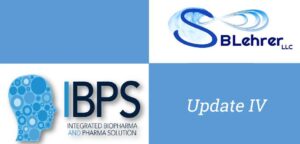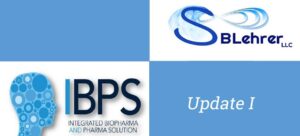As the regulatory landscape is evolving for biosimilars, the intriguing challenges for the biosimilar development companies and manufacturers are creating a unique recipe that serves all the masters. However, a deep understanding of the regulatory guidelines and experience/expertise in the domain helps in identifying the “common” needs that probably serves majority of regulators, with tab on few “unique” fillers that may be required for some regulators.
The regulatory requirements are getting homogenized in the last 3-5 years. The CMC and non-clinical requirements are more harmonized now, however the clinical requirements are still heterogeneous where the regulators decisions are influenced on
- GCP practices
- Statistical design
- Equivalence design (US FDA, EMA) vs non-inferiority design/ descriptive comparative data driven by Accessibility (mostly emerging market)
- Local clinical data (driven by difference in standard of care practice and/or pharmacogenomics issue).
Still, there is a possibility to align the developmental strategy and make all incremental development work structured up to its final destination (USFDA approval, EMA approval). Here’s a bird’s-eye view of CMC, Non-clinical and Clinical requirements for EMA, USFDA and other regulatory fillings:

The common principles for all the fillings includes discharging the risk at each of the development stages.
- ‘Molecule’ characterization’ – strategic and crucial
- Reference product selection and distribution during comparability study is key.
- If the manufacturer has an early to launch strategy based on FTO, they need to be careful about clinical design, while taking leverage on statistical margin. This data can be structural and supportive to global development.
- Seek advice from both (EMA and FDA) to harmonize development-registration strategy. Both FDA and EMA are willing to negotiate but depends on “residual risk” judgment.
A systematic biosimilar development plan with proper regulatory strategy will reduce the risk, yet ensure all the data generated are structured to one development plan.
About IBPS Consulting –
Born to challenge the ever-increasing costs and timelines involved in drug development, IBPS aims to help drug developers/manufacturers to come up with an innovative and pragmatic approach for drug development and clinical regulatory strategy. IBPS also assists investors in identifying and evaluating the right technology platform for future growth and technical monitoring of the projects. To know more about how we can help your venture, please call us on +91 7066037077, or email us at info@ibpsconsulting.co.in.




